SERES as a new energy vehicle manufacturer is focused on building sustainable processes across the value chain. To attain its goals, the company is partnering with like-minded partners. In a recent, critical move, the company is known to focus on intelligent electric drive technology and give equal impetus to sustainable production processes. It commissioned Dürr for a new paint shop in the Liangjiang plant in Chongqing in southwestern China. The operational move was fructified. It was able to optimise the production process for energy and resource efficiency.
With a Turn Around Time (TAT) of nine months after receiving the contract, Dürr is known to have installed both the plant and exhaust air purification technology as well as the software. “To meet the requirements of a production process that saves both resources and energy, we used especially sustainable products from plant and environmental engineering and installed our DXQ energy management solution,” explains Yu Lin, Vice President of the paint and final assembly business at Dürr China. SERES electric cars have been on the market since 2018, and the company is known to have shipped vehicles to over 70 markets since then. The aim is to become a major player in the European electric vehicle market. This ambition depends on the new paint shop in the Liangjiang plant in Chongqing that can complete 60 jobs per hour.
Savings with smaller tanks
The RoDip® M mechanical rotational process is claimed to conserve energy and resources during the pretreatment and cathodic electrocoating of vehicle bodies. RoDip® as a classic in the market, is claimed to offer benefits that score remarkably high on sustainability: Its 360-degree rotational movement spins the bodies around their axes and eliminates the need for an inclined exit section in the immersion tanks. This innovation is said to save up to six meters in length per tank compared to pendulum conveyor technology and reduces water, chemical, and energy usage.
Cardboard instead of water and chemicals
In the future, SERES through EcoDry X dry separation system will give shape to overspray removal, a solution that saves energy. This cost-effective system further relies on easily replaceable disposable cardboard filters, eliminating the need for water and chemicals. Dry separation minimises fresh air requirements by re circulating nearly 90 per cent of the air. This substantial reduction in energy consumption within the paint booth sets it apart from traditional wet scrubbing methods.
Heating ovens with exhaust air
SERES has worked to set new standards of emissions control. To eliminate solvents (VOCs) from exhaust air, paint booths are equipped with a compact air pollution control system from Dürr. Exhaust air from the paint booths, which has already undergone adsorptive concentration through the recirculation process, undergoes further purification using a highly efficient VOC concentration system in combination with the downstream Oxi.X TR TAR recuperative thermal oxidiser. This results in up to 15 per cent reduction in energy consumption. Additionally, exhaust air from the ovens is purified via the integrated Oxi. X TR TAR after burning system with heat recovery and then reintroduced into the oven heating system.
Smart factory with DXQ software
Dürr’s DXQ software products are claimed to play a significant role in enhancing sustainability within the SERES’ new paint shop. DXQcontrol is employed for higher-level plant control, seamlessly tracking each body’s life cycle. The DXQenergy management tool provides a transparent overview of energy and media consumption across the entire production plant or for specific areas, like individual process lines. In this way, Dürr’s energy management solution makes it possible to quickly identify primary energy consumers at the plant level. Additionally, DXQ equipment maintenance actively monitors individual components like pumps, valves, or filters for maintenance.
Advantages of a modular design
Dürr’s plant technology is designed with a modular structure. This allowed them to efficiently complete the SERES project in just nine months – from receipt of the contract to the start of production. Moreover, the modular approach offers advantages to the customer as well: The ideal layout of the individual modules, from pretreatment to sealing processes to paint booths and ovens, adds to the flexibility of production. It also eliminates unused space within the paint shop. In response to SERES’ request, Dürr has also factored in space for a future primer line within the layout. “We’re very happy that we were able to impress SERES with our modular equipment and fast completion time, and look forward to a long-term partnership,” expressed Yu Lin.
In India with a direct representation since 1997, Dürr Group, and Schenck RoTec since 1986. The Dürr Group currently employs around 680 staff there, spanning the entire portfolio including sales and service. In Chennai, it offers painting, application, final assembly and energy efficiency technology products as well as air pollution control, noise abatement systems and battery coating lines. Since April 2015, Dürr India has also been offering on-the-job as well as classroom training in paint and application systems to customers at its training centre. Schenck RoTec India, in Noida, produces balancing technology and testing and filling technology. The HOMAG Group produces machinery and equipment for the woodworking industry. It has a presence in Bengaluru where it operates a production site and sales and service company HOMAG India. As a leading mechanical and plant engineering firm. ACI


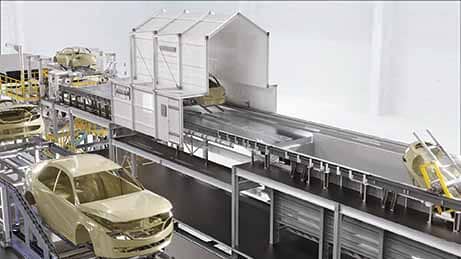


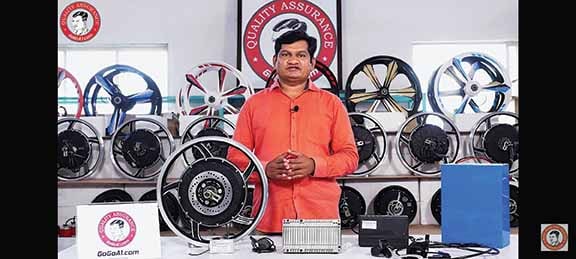

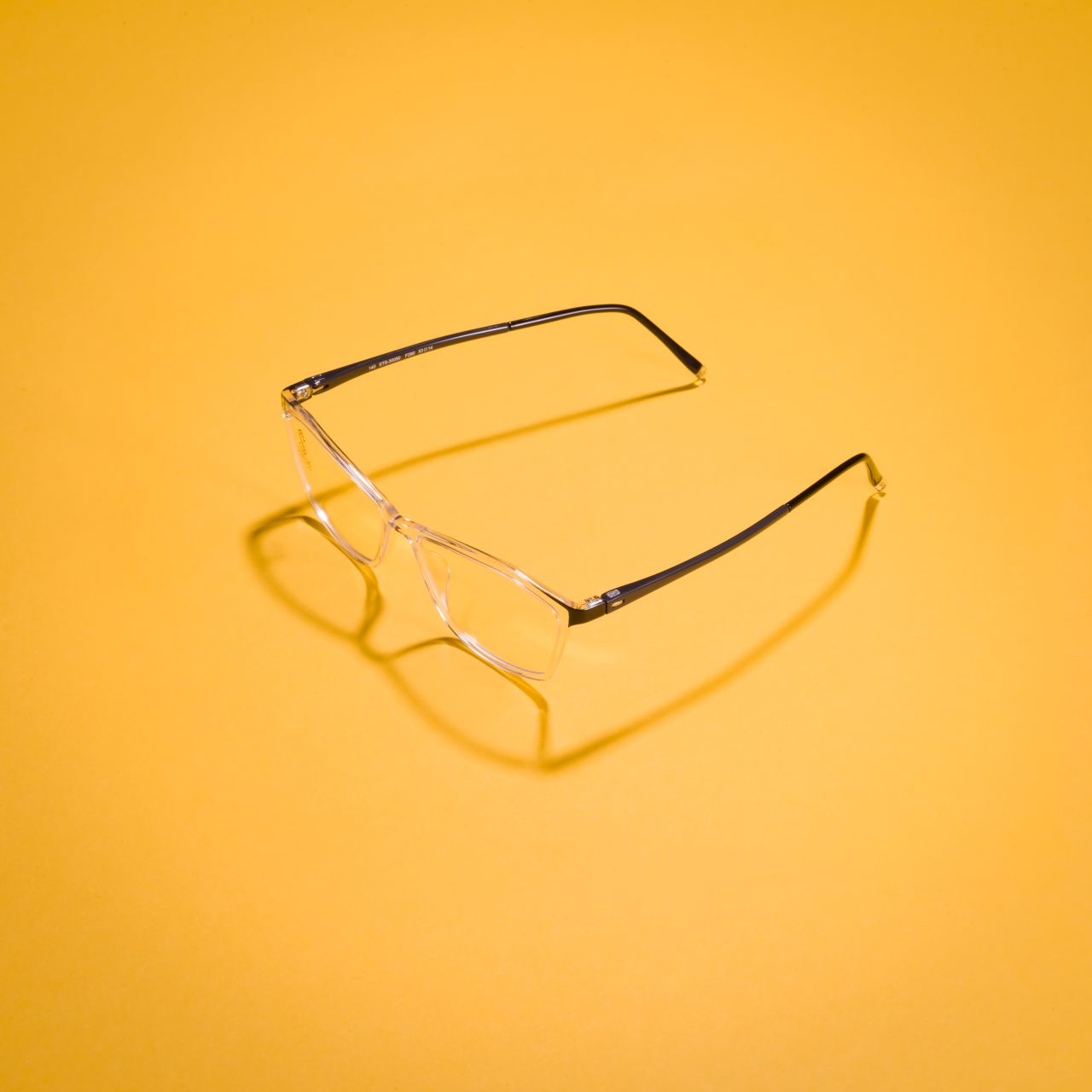
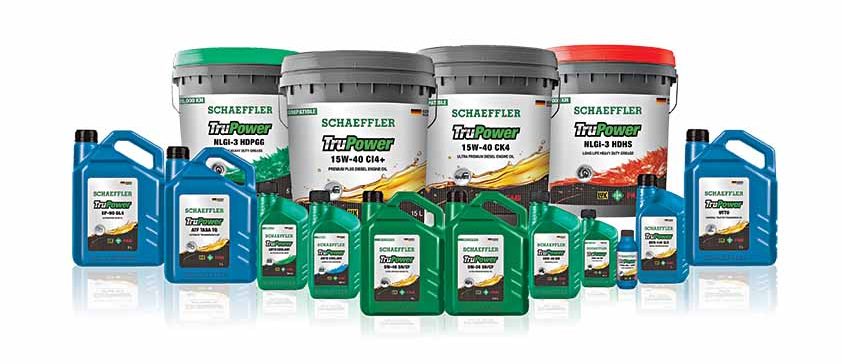

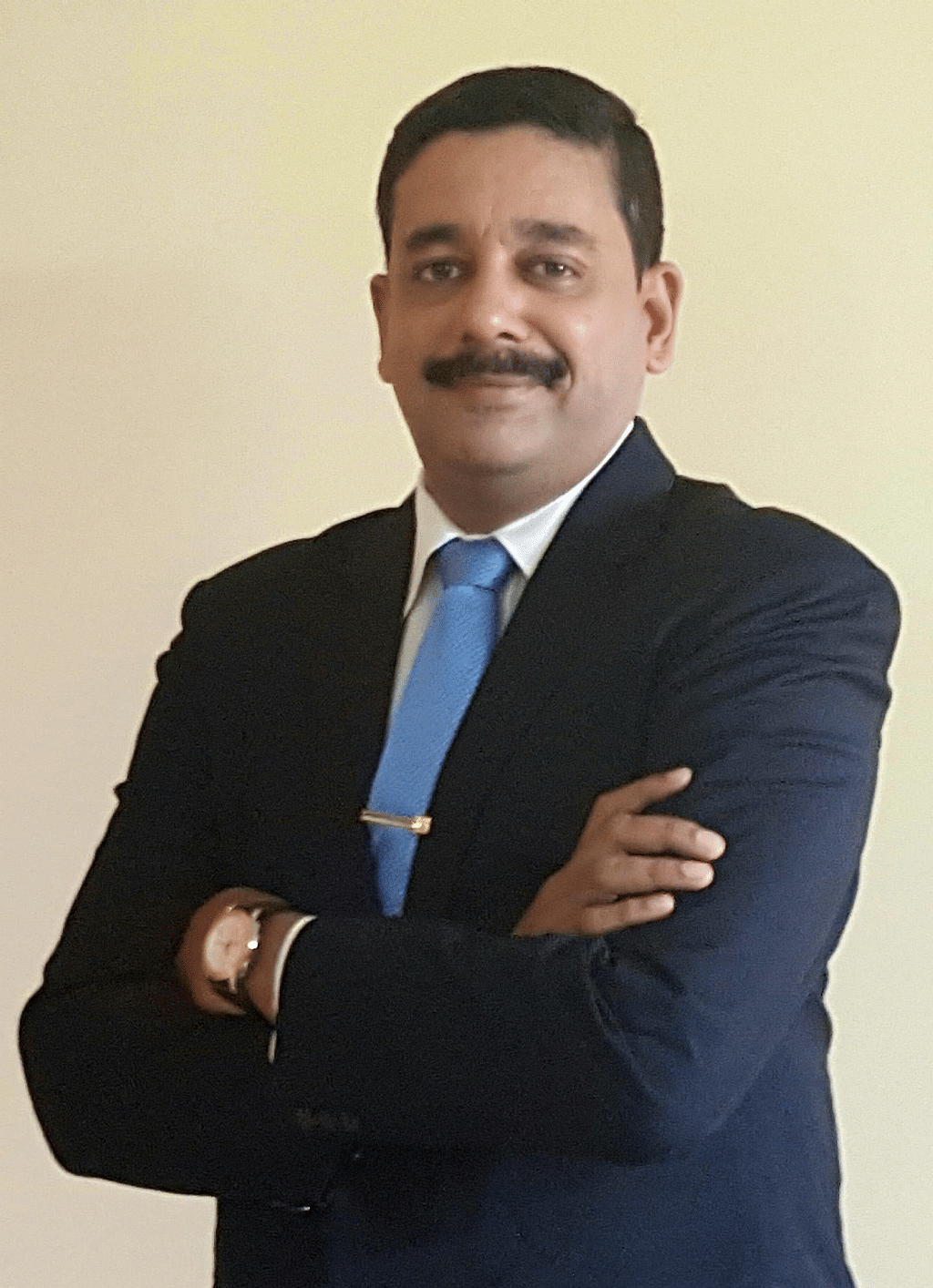




Leave a Reply